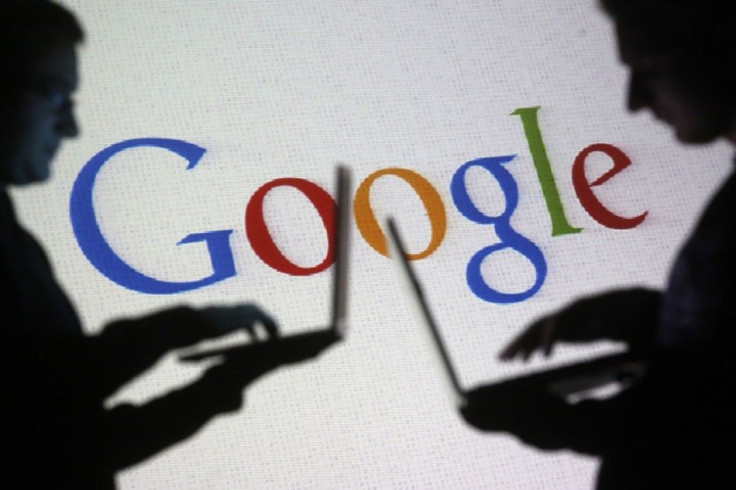Moon Mail Service: Astrobotic Technology Inc. To Send Mementos To The Moon

Astrobotic Technology Inc., an outer space delivery firm, is working along with Carnegie Mellon University to provide a "moon mail" service that can send mementos to the moon. The companies hope to get a privately owned lunar rover to the moon to win $20 million in a contest sponsored by Google to promote privately funded lunar exploration.
According to ABC News, Space X, a private firm in California, had advertised that it was leasing a moon rocket for $61 million, offering a 10 percent discount for any of the groups that was competing in the competition by Google. Astrobotic leased the rocket from Space X so that the rocket could carry the lunar rover. The MoonMail service was initiated to fund the trip of the lunar rover.
The lunar rover has been nicknamed Andy and is a solar-powered, knee-high, four-wheeled robot. To win the LunarX prize of Google, the rover, by the end of 2015, must travel a distance of a third of a mile on the lunar service. In addition to that, the rover must also transmit its video to Earth, showing its progress.
On Dec 11, Astrobotic launched a Web site called moonmail.co. The Web site enables the users to sign up so that they could send mementos in MoonMail packages to the moon. The customers using the MoonMail service would not be required to include their return address in their package. The items that the customers send would remain on the moon in a pod attached to the rover.
The Web site mentioned that the Moon Pod would serve as a time capsule which was invaluable and a representation of the present generation for space travellers of the future generations. It mentioned that the mementos would be considered valuable during future travels to the moon, very much like the importance that artefacts from ancient civilisations are given.
Astrobotic expected the people to send items like wedding rings, locks of hair, tiny heirlooms and other non-volatile items. The cargo would be regulated by the Federal Aviation Administration as well as the U.S. Department of Defence.




















